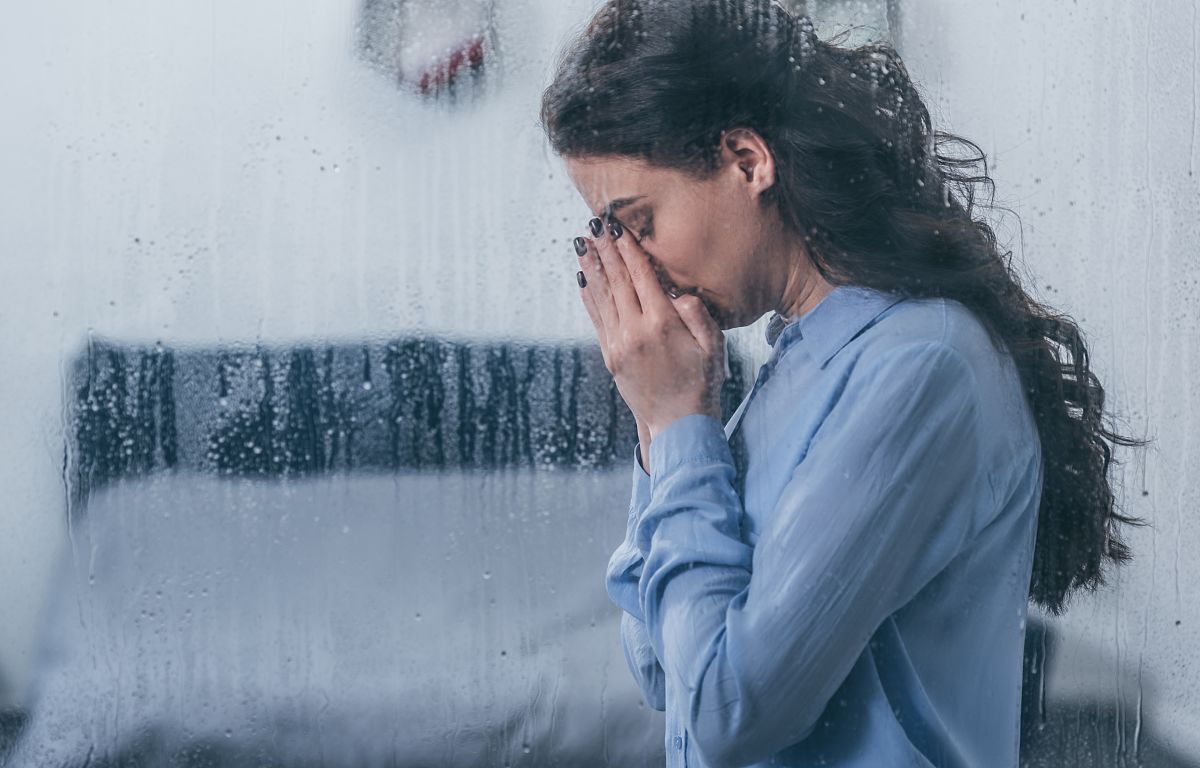Sleep and Depression

Since the 1970s, extensive sleep research (reviewed in 2005 in the Journal of Clinical Psychiatry) has indicated a profound relationship between sleep and depressive disorders. Across the board, sleep alteration is implicated in the etiology and biophysiology of depression. Now, one of the major diagnostic signs of clinical depression is an inability to maintain healthy sleep patterns, according to WebMD.
Sleep and Depression? Depression and Sleep?
A correlation between sleep and depression doesn’t necessarily mean that one caused the other. It’s a “chicken and egg” problem (as in, “which came first?”).
In some cases, the neurochemistry or anxiety associated with depression can exacerbate sleep problems. In others, the changes in brain chemistry associated with sleep deprivation can trigger depression. And we’re not talking a mild case of being in the dumps, but full-on clinical depression with all the trappings—inability to enjoy life, lack of appetite, even suicidal thoughts.
In yet other cases, a separate problem or circumstance may induce both insomnia and depression. Traumatic events, unexpected injury or illness, even major life changes can leave your mind racing at night and your emotional state prone to depression.
Making a Difference
Though no single simple change can guarantee the end of a major depression, improving your quality and quantity of sleep can help you feel more prepared to meet your day and tackle your depressive illness. Here’s how:
- Turn off the lights. A new sleep study links depression to exposure to even dim artificial light at night. Don’t leave the TV on or even use a night light in the bedroom. Research has also linked exposure to artificial overnight light to obesity and some cancers—confounding factors that may also encourage depression.
- Make your bedroom your sanctuary. Keep your sheets laundered and your room clean and clutter-free. Put a little love into the design, so that you breathe a sigh of relief when you walk into your bedroom at the end of the day. Your bedroom should give you respite from the cares of your day, so that when you lie down to sleep you feel relaxed. Leave your daytime cares at the door.
- Practice good sleep hygiene. Just as you practice good personal hygiene (brush your teeth, wash your face), practice good sleep hygiene. Stick to a schedule, allow time to relax, and go to sleep at a reasonable hour.
It can take extra dedication to have any hygiene at all in the grips of a deep depression, but taking care of your body and your brain is the surest way to reverse the effects of depressive disorders. If your symptoms are severe, seek medical help and consider combining drug therapies with sleep therapies to aid your recovery.
Author Bio: +Michelle Gordon is a sleep expert who researches and writes about sleep and health, and is an online publisher for the latex mattress specialist Latexmattress.org.


